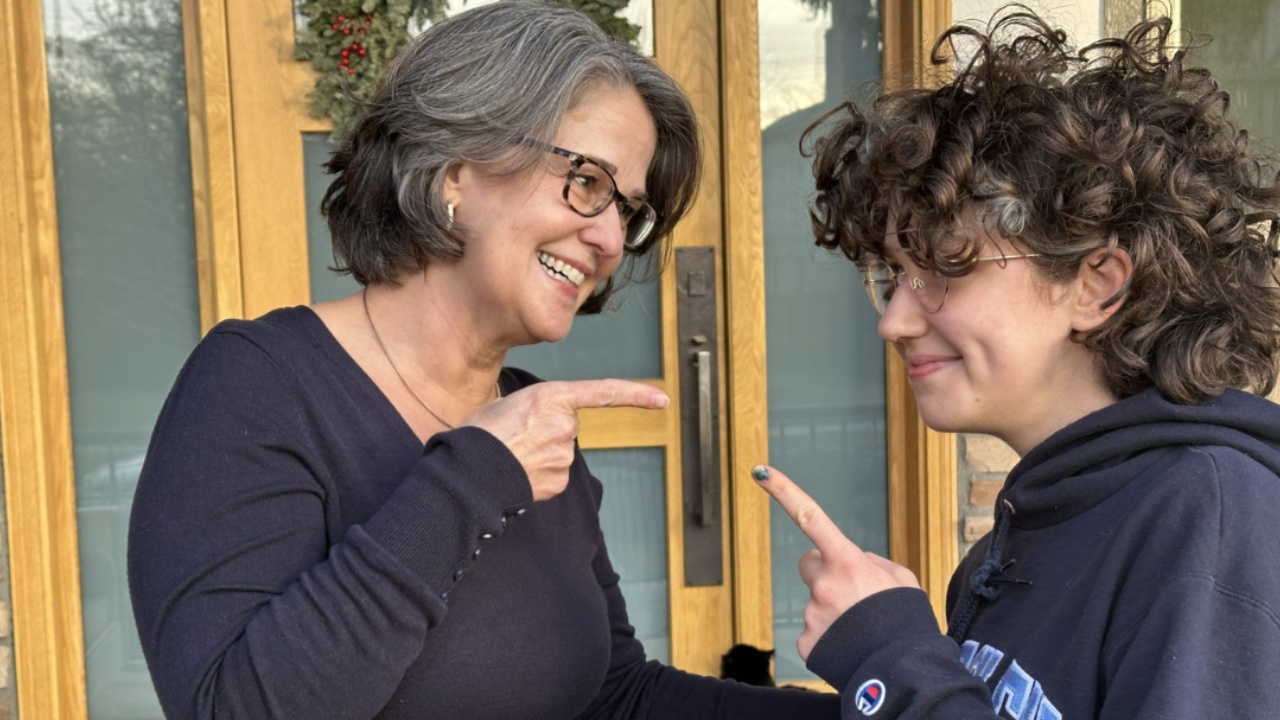
Turn Blame into Healing: A Mother’s Hard-Won Lesson
This summer, my daughter gave me another chance to practice what I preach: handling criticism without defensiveness or shame.
Ouch! Here We Go Again…
She was unpacking a painful high school memory of being bullied for her beliefs—an experience that shaped her ability to trust, social anxieties, and fear of vulnerability.
As her anger turned toward me, her questions cut deep: “Where were you? Why didn’t you protect me? Why did you just tell me to move on?”
The easy response would have been to defend myself—I had plenty of points I could have made. But doing so would have only reinforced her belief that I’d failed her and shifted the focus from her healing to blaming me.
Lesson 1: Lean Into Curiosity
Instead of defending, I grounded myself, softened the tension in my body, and said the most important words you can say when someone is criticizing you: “Tell me more.”
She shared her pain, anger, and feelings of abandonment. It hurt to hear, and my instinct was to argue or fix it—but I stayed present. I listened and reflected her emotions: “That sounds so painful. I can see how hurt you were.”
Slowly, she began to let go—relaxing her struggle, softening the fight, and dropping into her pain.
Lesson 2: Hold Yourself Steady
As I listened to her pain, my own discomfort rose—guilt, a sense of failure, a churning stomach, a tight chest, and a racing mind full of excuses.
Instead of reacting, I let the feelings rise and fall. I reminded myself: I can be both a good and a bad mother. Accepting this complexity freed me from the need to defend myself, allowing me to simply be present as a “good enough” mother, messy as it felt.
Lesson 3: Apologize Without Defensiveness
When the time felt right, I said the second most important words you can say when someone is criticizing you: “I’m sorry. That wasn’t my intention.”
Her body softened—she exhaled, her shoulders relaxed, and her tone shifted. My apology wasn’t about taking blame, but about acknowledging her experience. It was a bridge, saying, “I see your pain, and I care.”
In that moment, something shifted. She cried, and so did I. By staying present with her pain without trying to fix it or make it about me, I gave her the space to begin healing.
The Transformative Power of Connection
By the end of our conversation, my daughter wasn’t just processing high school trauma—she was learning to navigate life’s challenges, take risks, trust, and build resilience.
In the months since, she’s grown—more confident socially, less anxious, and more open to challenges. Most importantly, she knows she can come to me, even when angry, because I stayed present and didn’t make it about me.
If I had reacted defensively, she wouldn’t have felt safe enough to share.
Practical Tools to Apply When Criticized
Remember the Two Most Important Things You Can Say:
- “Tell me more.”
- “I’m sorry. That wasn’t my intention.”
Respond with Presence, Not Reactivity:
- Pause and Breathe: Ground yourself by feeling your feet on the floor and releasing tension in your body.
- Name the Sensations: Notice and name what’s happening in your body (e.g., “There’s tightness in my chest”).
- Stay Curious: Stay open and curious about the experience, experiment, and see what unfolds.
With these simple practices, you’ll not only calm your nervous system but also deepen your relationships.
With steadiness,
Carolyn
Subscribe to Quick Tips
Don't miss out on weekly quick-tips and upcoming events.



